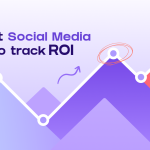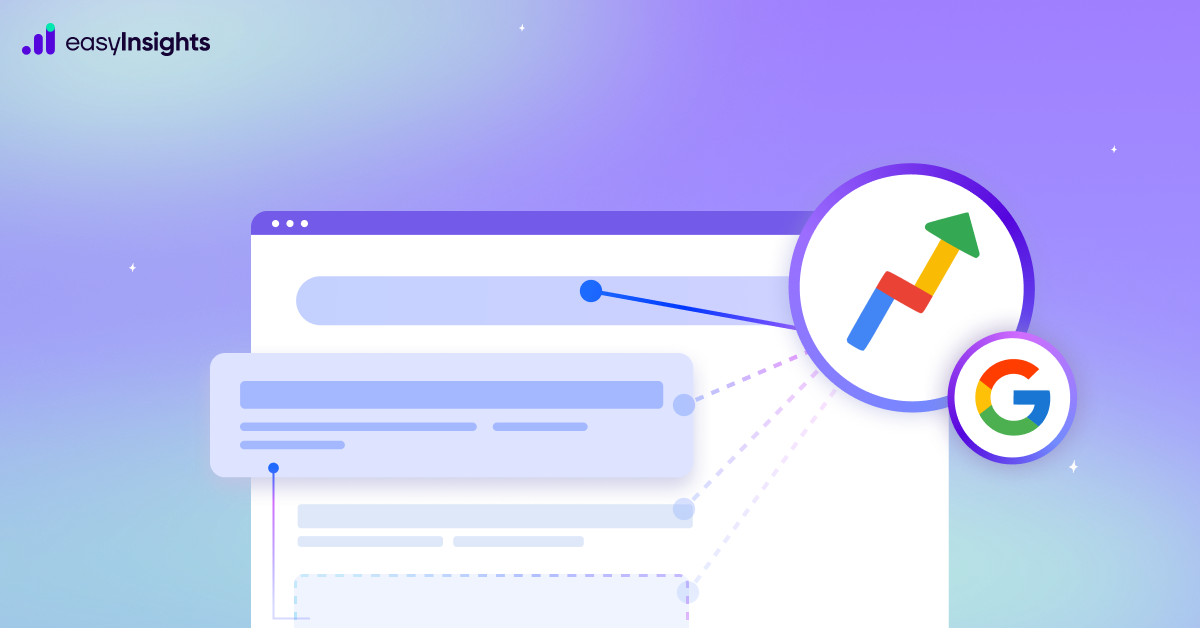
The field of search engine optimization is ever-changing. For instance, Google frequently modifies the algorithm that determines when, when, and how to display a particular link with the overarching goal of presenting the most relevant and trustworthy information. This article will discuss the significant Google Search ranking factors to consider if you want to rank at the top of the SERPs.
Click here to learn about “Top 7 SEO Reporting Tools” that helps to get higher rank on Google Search Engine.
Jump ahead to:
What are the top Google SEO Ranking Factors?
1. Content Quality
Content that ranks well is in-depth and covers a broad spectrum of its respective subject. The content must be useful to the user and include interesting visual elements to support the written content. Keep in mind that quality always wins over quantity. Consider value instead of word count. Although many pages on the internet are highly competitive, those properly optimized for particular keywords and themes will stand out. In 2022, it is one of the most significant SEO ranking variables for producing high-quality content that meets user expectations. At the end of the day, Google aims to provide its users with a page with the most relevant content that satisfies their queries.
2. Content Relevance
Apart from creating high-quality content, you must also ensure your content is updated regularly and relevant. You need to be mindful of the content’s freshness and relevance. Older articles from a few years ago can be updated and optimized for the present, increasing traffic, providing more shareable content, and improving the odds that the article will rank for the keywords it is aimed at, as Google prefers recent articles.
3. Page Speed
Page speed was earlier a desktop-only ranking feature. But it was included in Google’s mobile ranking feature back in 2018. SEOs have noted for years that page speed efficiently improves rankings. With Google’s transition to “mobile-first indexing,” “page speed” is now formally considered ranking criteria. It should go without saying that the longer it takes for your website’s pages to load, the more potential customers you lose. Your revenue potential is affected by the number of visitors you lose. The average page speed of a website can be checked using tools. Many fixes are simple if they are carried out by a skilled individual. Faster page loads result in a better user experience overall, which is why Google is moving to include it as a mobile ranking feature.
4. User Experience
Most SEOs know that Google utilizes RankBrain, an artificial intelligence system, to rank websites. Rankbrain searches for specific user experience indicators to do this, then processes them using an algorithm to determine search engine result page positions (SERPs). The more time a user spends reading and exploring your website, also known as dwell time, the better. This tells Google that the user is reading relevant content and appreciates your website. In contrast, you can expect the user to return to the search results if the content is irrelevant or the user experience is poor. Therefore, be careful to enhance the user experience.
5. Domain Authority
Domain Authority is another ranking signal for your site’s credibility compared to others. It’s a ranking metric demonstrating your site’s subject-matter expertise and search engine ranking potential. Your domain’s age is important since it relates to “domain authority.” According to research, older websites with at least three years of indexing perform slightly better than more recent websites with the same content. There are many ways to boost the authority of your website. A good place to start is by creating exceptional niche-specific content and acquiring high-quality backlinks. Google will consequently start to view your website as an authority on the topic. This will increase your domain authority and rank your pages.
6. On-Page SEO
On-page optimization, which deals with the “behind the scenes” elements of your content and SEO, is closely tied to Page Experience. These factors, which have been present for a while, continue to significantly impact your website’s visibility and SERP rank for the themes related to your target keywords. Optimizing your website can make it easier for people and search engines to find your already great content. This includes optimizing metadata, schema makeup, and featured snippets.
Considering what you include in your title, headers, and descriptions is another aspect of this. The strength of the content you upload will increase by using the right header hierarchy. The “Title” of your website can differ from the one that appears on the results page. You can create a suitable title and meta description that will show up and perform well in the SERPs by utilizing the SEO Yoast plugin. A sitemap is essential as well. A sitemap makes it simple for Google to identify your pages and aids search engines in comprehending the structure of your website. It alerts Google to every page on your website that requires crawling.
7. Mobile-Friendly Website
Mobile friendliness is another important SEO ranking element. One reason Google has changed how it ranks search results is that more people access the internet on mobile devices than on desktops. Google now uses a mobile-first index, meaning that rather than sites designed for desktop computers, it draws its results first from sites optimized for mobile devices. If your website isn’t mobile-friendly, you risk being unfairly ranked lower. By creating a responsive website that adapts to the device’s size, you can optimize your site for mobile. Make sure you optimize your site for mobile devices.
8. Social Signals
Online retail can benefit significantly from social media marketing. It makes sense that social media merits its own area in 2022, when it will likely play an even larger part in people’s lives. Some of the top-ranking pages needed a little social exposure to get where they are on the SERPs. People will automatically share your page if your content is precious and relevant. And suppose it wasn’t for a Facebook sharing or a retweet. In that case, it might even receive a relink from an authority domain that was unaware of your website. You can never be sure where your content will go or who will see it if you publish it online. So make sure you always share your content on social media.
9. Internal & External Links
Links both inside and outside the site play a role in ranking. Internal linking improves website discovery for both people and search engines. This means that you should put the needs of your users first when developing your linking strategy. After that, you can concentrate on generating traffic for a basic set of pages.
Google prefers it when websites connect out to the broader internet in addition to internal links. You must show Google that you are producing high-quality content for your audience. You must link to reputable websites in your niche to gain credibility. Finally, incoming links and backlinks greatly increase your link authority.
Finally, incoming links and backlinks greatly increase your link authority. Consider that a website with high domain authority connects to one of your posts on the same subject. As one of the most crucial SEO ranking elements, this kind of link traffic will increase your site’s domain authority and help you rank better in Google SERPs.
Final Words
In reality, while Google does attach scores for its numerous ranking algorithms, those scores are a value of one or less, then it multiplies those scores together. This implies that a low score in one or more areas can lower the final score. In conclusion, if you want to rank highly on Google, you shouldn’t overlook these 9 essential ranking elements. No “one ranking factor” is more crucial than the others. All of these elements interact.
Click here to learn about “5 tools that will help you rank #1 on Google Search Engine“








